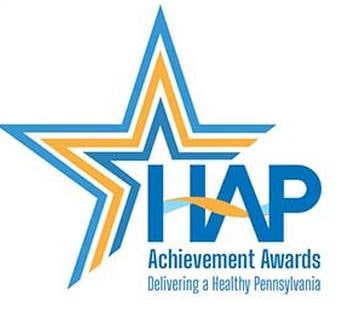Case Study: Main Line Health 2025 Achievement Award

Excellence in Care Award—Large Division
Improving Outcomes for Families Affected by Opioid Use
The Goal
Rising opioid use and inconsistent care made it difficult to identify and manage neonatal opioid withdrawal syndrome (NOWS). Traditional tools like Finnegan scoring led to longer hospital stays, family separation, and added stress—highlighting the need for consistent screening, stronger team communication, and family-centered care.
 The Intervention
The Intervention
A coordinated effort was launched to improve identification, education, and care for opioid-exposed mothers and newborns. The OB team adopted EMR-based screening tools, received training on implicit bias and patient communication, and followed standardized workflows with prompts for drug screens and social work consults. Staff were educated on reporting laws and non-pharmacologic NOWS care. A data dashboard tracked disparities, and patient materials supported informed choices. Neonatology began prenatal
consults to reduce stigma and prepare families for the Eat Sleep Console (ESC) model, which became standard in 2024. Additional pediatric training, coding updates, and post-discharge referrals supported ongoing care.
Results
From 2018 to 2024, maternal screening and equitable care for opioid use disorder improved significantly. Verbal screening at delivery rose from 79.9 percent to 100 percent, and a 33.8 percent racial disparity in urine drug screening dropped to 1.6 percent. A trial of the Eat Sleep Console (ESC) model reduced newborn length of stay from 14.8 to 4.1 days and morphine use from 31 percent to 4 percent, with no rise in readmissions.
Download
Topics: Quality Initiatives, Substance Use Disorder
Revision Date: 6/23/2025
Return to Previous Page
Expired Documents